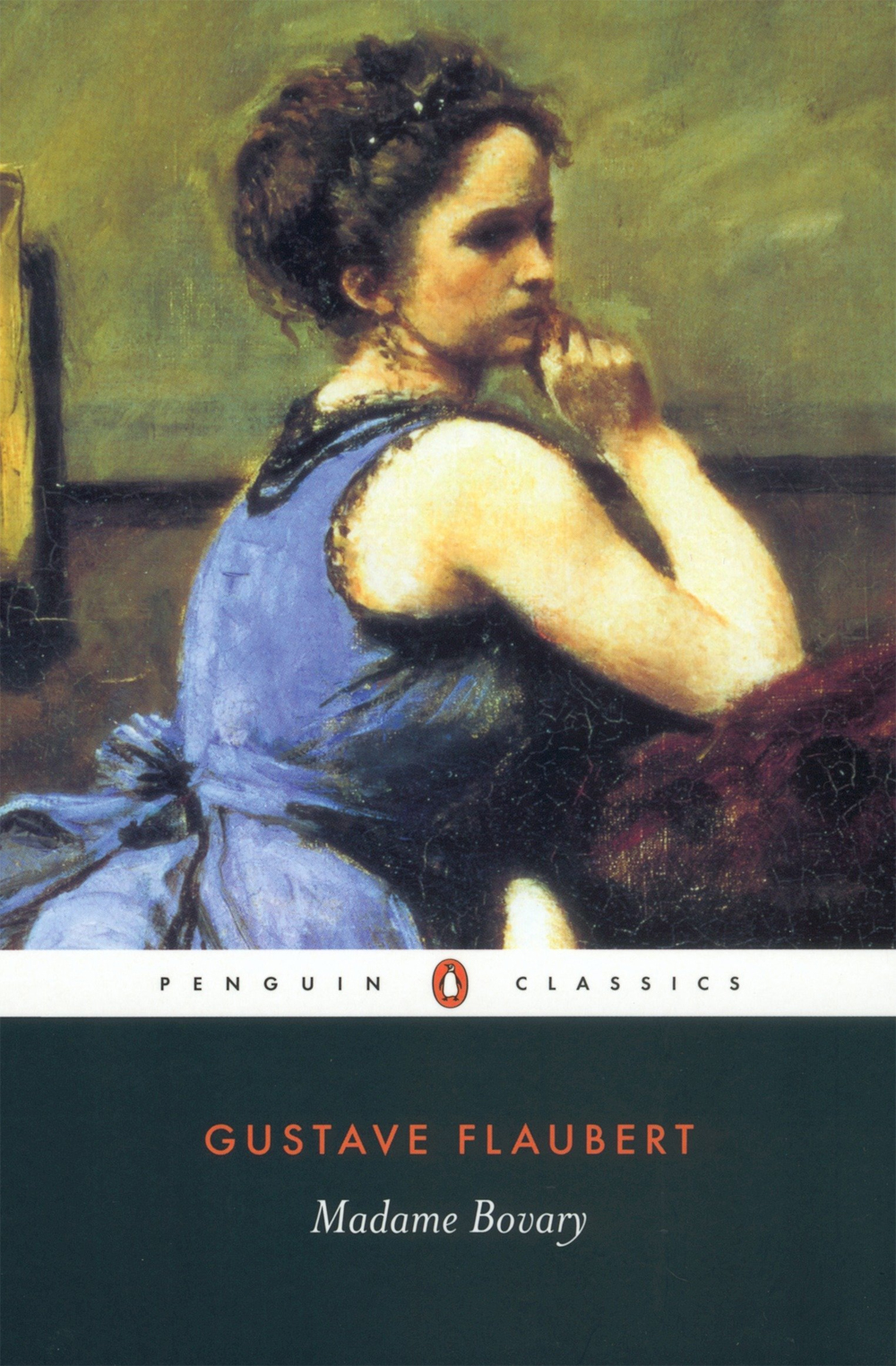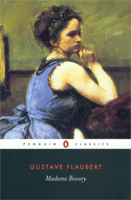
Madame Bovary is a novel by the French writer Gustave Flaubert. Published in 1856, it is acclaimed as one of the best books ever written. Some consider it to be the first modern novel.
When Flaubert was asked who Emma Bovary represented in real life, he replied with a puzzling response, “Madame Bovary, c'est moi” (“Madame Bovary, it’s me”). Following Madame Bovary’s serialized publication in Revue de Paris in 1856, the novel was attacked for being obscene and glorifying adultery. This led to a trial in 1857, which brought greater attention to the story. Flaubert was cleared of all charges against him, and Madame Bovary was published in two volumes.
I thought Madame Bovary was a stunning read, and it is lingering with me even now after I have put the book down. The story was so deliberately repulsive and grim. For me, the realism was hard to bear. There were no sympathetic characters, and while I could pity some characters and believe them to be true to life, I could not feel akin to any of them, at least not fully. When I finished the novel and went to bed last night, I felt ill about it.
While it is easy to understand and identify with dissatisfaction and boredom, Emma Bovary's behavior is so irrational and her feelings of guilt are so fleeting. It was hard for me as a reader to understand Emma. I wonder if anything could have satisfied Emma’s cravings in the end—clothing, riches, sex, words of love, lovers? It does not seem likely. Emma’s expectations are so different from reality. She craves lovers who bore her. She struggles with a banal existence. Emma believes fictional drama and romance are fact, making her appear unreasonable and ridiculous.
Flaubert did not want the reader to understand and sympathize with Emma Bovary. Despite this, I did pity her. Emma asked so many for help, and these people turned her away or didn't recognize what she needed. I wonder though if she really knew what she needed? Emma was incapable of finding a direction that pleased her.
Although Emma was in charge of the household finances, she fails to understand business. Here, Emma has the power of a man, but she squanders it. Emma is upset when she gives birth to a daughter, Berthe, and would rather have a son, who is free. But Emma underestimates her own freedoms. Her husband Charles puts little restraint on her and tries to please her with affection, gifts, and by relocating his practice. Emma fails to appreciate his sacrifices and devotion. While Emma searches for endless, dramatic love outside of her marriage, she misses the constant love Charles lavishes on her until it is too late.
The story begins and ends with Charles. The beginning of the story introduces Charles as weak, and contrasts him with his father. While his father would probably be attractive to Emma, the young Charles is too helpless to even correct his name when it is being mispronounced and mocked.
This set up foreshadows what Emma will do to Charles. At the end of the novel, Charles learns that he has gone through his entire married life deceived. There were ironic touches and symbolism throughout the story like the blind beggar, the tour guide in the church bringing up the fires of hell, and Homais winning the Legion of Honor. The end of the story is also anticipated by Emma’s multiplying problems and lies, but Emma is unaware as to where her choices are leading her.
Overall, though Madame Bovary was very sad, I found the book to be perfectly paced and lush. The story felt true to life even while the dialogue and events sometimes seemed ridiculous. The novel was unconventional in having an adulterer as a heroine. There is no truly good character in the novel to root for and sympathize with fully. As a reader, I simultaneously have both contempt and sympathy for the characters, which is a jarring feeling.
Purchase and read books by Gustave Flaubert:


© penciledpage.com





Post a Comment
Share your thoughts